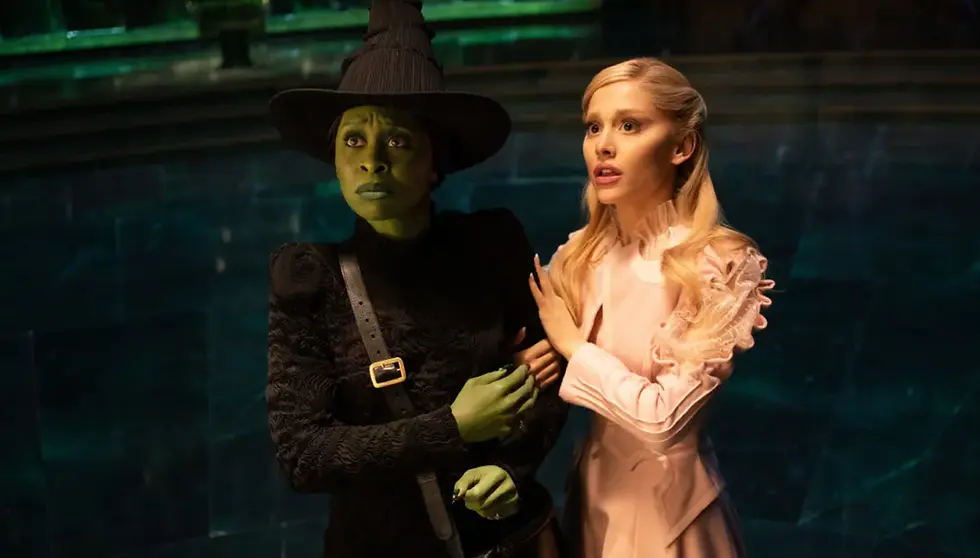Prima Facie - NT Live
- comaweng
- Jul 23, 2022
- 3 min read

It’s as powerful and intense as many others who have seen Prima Facie says it is. I don’t disagree with the praises being showered on Jodie Comer’s performance as Tessa Ensler, a lawyer who makes a living out of defending clients in court, having developed a reputation for ruthlessness and sowing the seeds of doubt in the minds of a jury through sustained and relentless cross-examination: a play just about that would have been, I would imagine, quite riveting.
I was, however, drawn by tweets made by Alice Flynn. The entire content of the trigger warning for the show is as follows: “Includes sensitive subject matter including reference to sex, violence, and rape.” For Flynn, this was wholly unsatisfactory, as the play actually includes a scene in which sexual assault is re-enacted. Flynn’s own experience went unreported for many of the same reasons given in Prima Facie – in short, she had reason to believe she wouldn’t win her case. This does raise the question as to why Ensler, a barrister herself who already knew, no matter how good a lawyer she herself is, that she couldn’t win her case and her rapist was going to walk away, why she put herself through all that trauma. It appears she felt she had to at least try.
Flynn is dissatisfied with the play’s ending: “At the very least, let it end without telling us the verdict. Give us a fucking glimmer of hope.” The play is fascinating for people like me who haven’t been subjected to sexual abuse (apart from the occasional groping on the Tube, which was swiftly put to an end each time by fellow passengers – why assault someone on a crowded train, with that many witnesses?). For victims (or survivors, or whatever the appropriate term is) of sexual abuse and domestic violence, does Prima Facie overstep the mark? Is it really necessary to invite the audience to “look to your left, look to your right” – as though fellow patrons could be potential rapists? I don’t doubt they ‘could’ be, but I still maintain that there must be more non-rapists than rapists out there generally, and more particularly it is unlikely that an audience watching a show about sexual assault and an attempt at achieving justice afterwards is going to be full of them. For a survivor, probably already very wary of other people, it’s not exactly helpful. And there is indeed absolutely nothing in the way of hope or encouragement for them in this play.
Ah yes, so my many detractors are screaming, but the “look to your left” line is actually inviting people to look around and see how many other people have also been survivors of sexual abuse. Very well, but it takes a lot for someone to say they have been raped, and it’s not something that every survivor would necessarily want to discuss. And why should they? It’s not as if there’s a law that stipulates they must.
I must confess at this point I struggled to stay awake throughout, though this is nothing to do with Comer’s performance, which maintains a vibrant energy from beginning to end, and everything to do with how warm the cinema screen I was sat in was. I wasn’t the only person to comment on this struggle – firmly in the realm of ‘first world problems’ – at the end of the screening. The final section of the play is not, in my view, preachy, but it did feel like being in a university lecture theatre. That said, the importance of its messages about the criminal justice system’s failures to protect the public from sexual offenders cannot be underestimated. At the end of the day, it is worth a watch – it’s been hyped up a lot, and on balance, justifiably so.




Comments